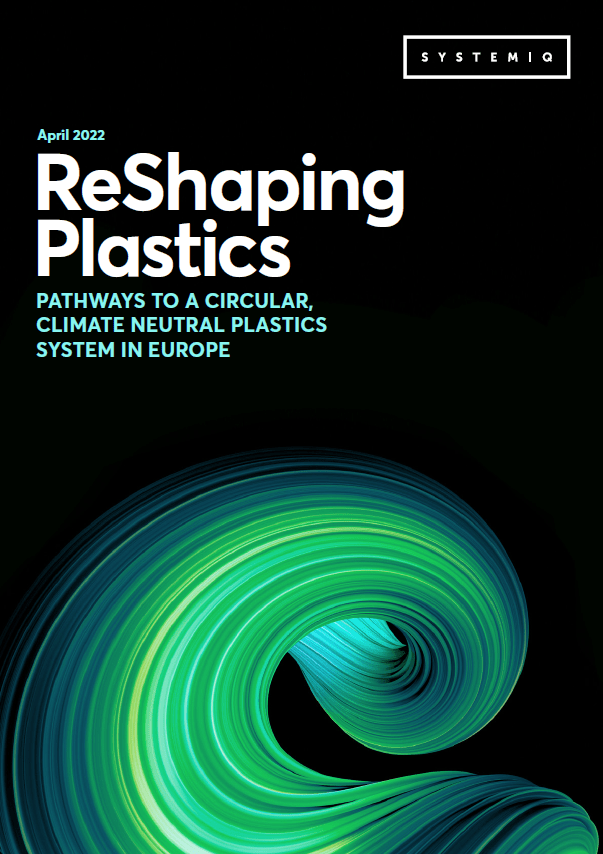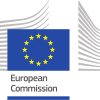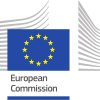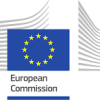
ReShaping Plastics – Pathways to a circular, climate neutral plastics system in Europe
Plastic is both an icon of prosperity and a cautionary example of how linear models of consumption can undermine Earth’s planetary limits. Plastic has been long valued for its consumer benefits – affordability, convenience, performance, flexibility, durability – but a rapid shift in awareness among governments, civil society, investors, producers, and consumers is leading to mounting demands that industry take the necessary steps to embrace circular economy approaches and mitigate climate change, in line with the Paris
Agreement and Glasgow Climate Pact and the goals of the European Green Deal and Circular Economy Action Plan.
In recent years, a number of excellent studies have advanced our understanding of the plastics system, both at a global and national level. However, most studies and dialogues
about plastic in Europe, focus either on the question of circularity or on the question of plastic’s climate impact. But these are not separate issues. The plastics system must adapt in ways that ensure that it is both circular and generates minimal carbon emissions
– hence we need to design a system that addresses these two challenges simultaneously. The “ReShaping Plastics” report aims to do precisely that.
The goal of this study is to accelerate the transition to a circular, net zero carbon missions plastics system in Europe by providing a practical, science-based roadmap. Our hope and
belief are that this work will strengthen the collaboration between industry, the public sector, civil society, and investors in the search for a better plastics system for Europe based on a shared fact base.
In July 2020, The Pew Charitable Trusts and SYSTEMIQ published “Breaking the Plastic Wave”, a study that developed a first-of-its-kind full-system model to quantify the economic, environmental, and social implications of different plastic pollution scenarios on a global scale. The new “ReShaping Plastics” study now applies that modelling approach to the European plastics system to illuminate potential pathways to a fully circular, net zero carbon emissions plastics system. It is driven by the conviction
that a new and shared evidence base is required to plot a sciencebased pathway to address current systemic challenges in the plastics system.
The analysis underpinning this report was designed to be impartial and a rigorous governance mechanism was deployed. An independent Steering Committee was established comprising a balanced mix of senior leaders across civil society, the public sector, and industry. The Steering Committee provided strategic guidance and direction in all major project decisions and had complete independence in approving the strategic approach and recommendations. Detailed assumptions underlying the analysis were also peer-reviewed and approved by an independent Panel of Experts with deep competence in the range of subject areas touched on by this study.
This work was designed to help guide policymakers, industry executives, investors, and civil society leaders through highly contested, often datapoor, and complex terrain. Our wish is that the results of “ReShaping Plastics” can serve as a map for stakeholders in search of solutions to enhance the circularity and reduce the greenhouse gas emissions of the European plastics system. But such a solution requires political leaders, policymakers, business executives, and investors to shift from incremental to systemic change.
The circular, net zero carbon emissions plastics system vision is one which designs out waste, eliminates unnecessary production and consumption, keeps products and materials in the economy, and safely collects and disposes waste that cannot be economically processed, thereby permanently increasing material circularity, reducing GHG emissions, and stopping plastic pollution.
Providing the evidence and insight needed to realize this vision of a circular, net zero carbon emissions European plastics system is the North Star guiding the “ReShaping Plastics” project.






ReShaping Plastics – Pathways to a circular, climate neutral plastics system in Europe 0 reviews
Login to Write Your ReviewThere are no reviews yet.